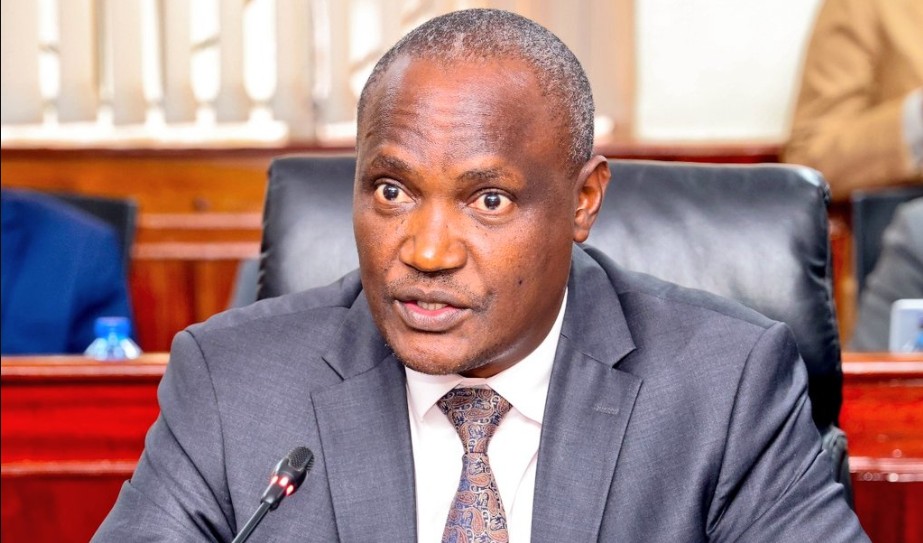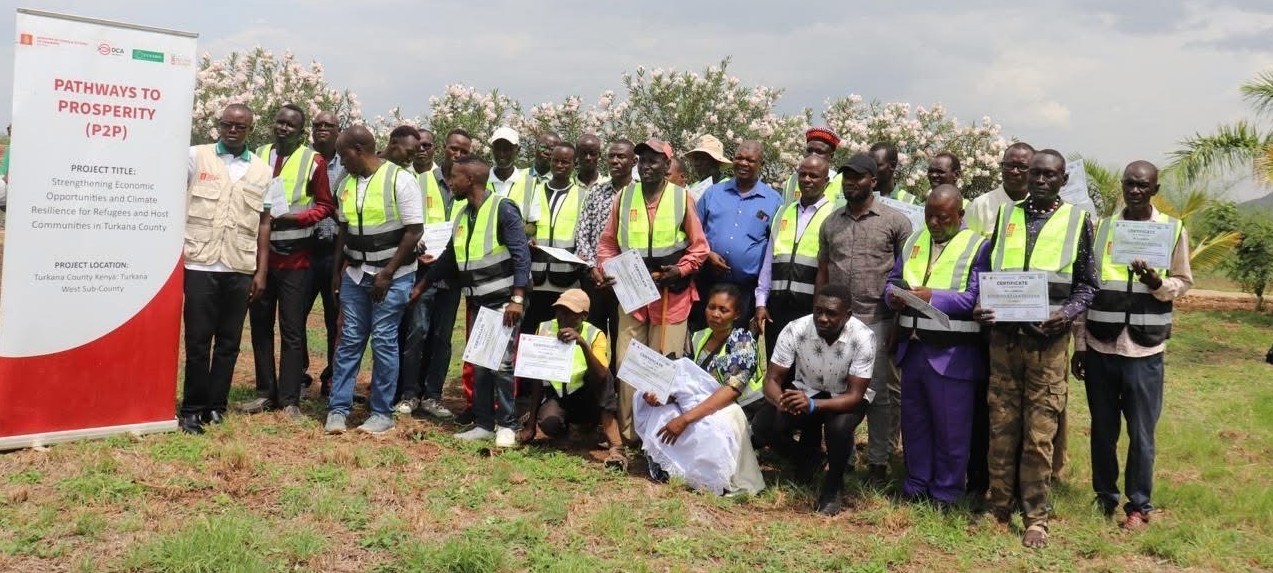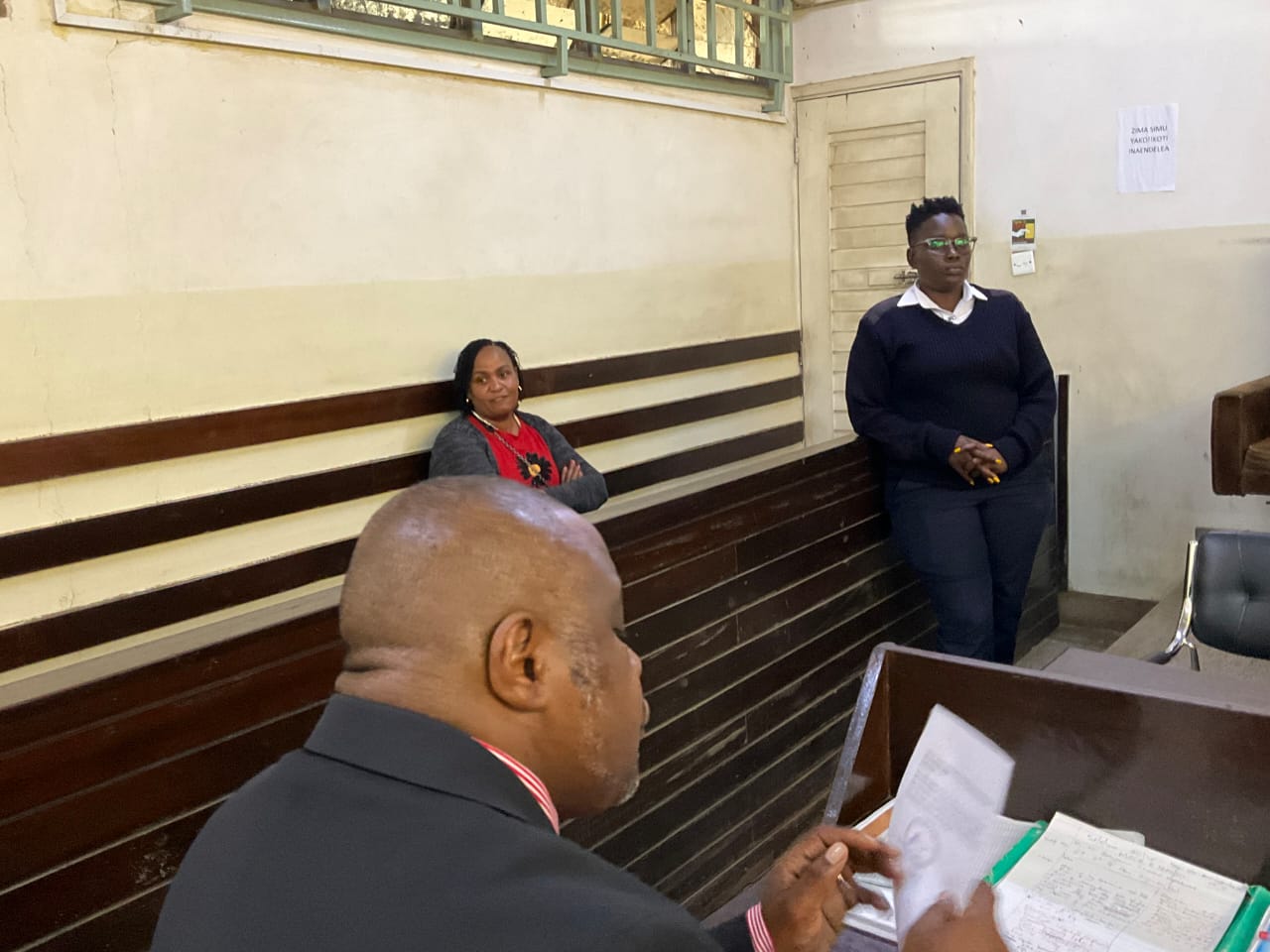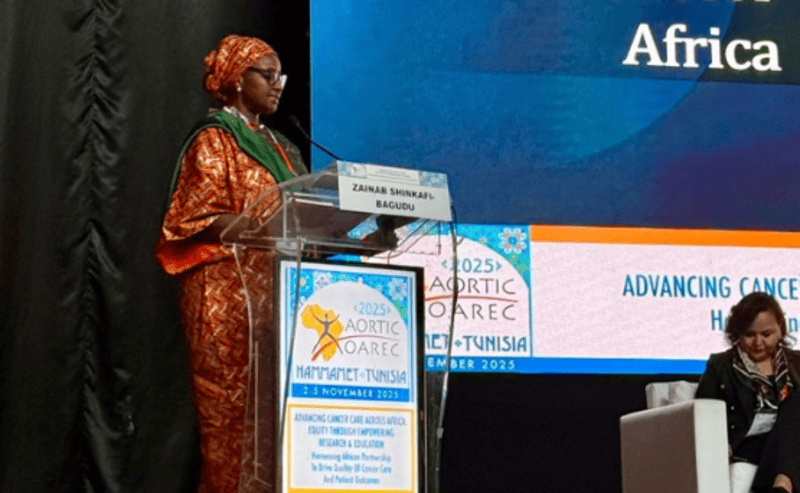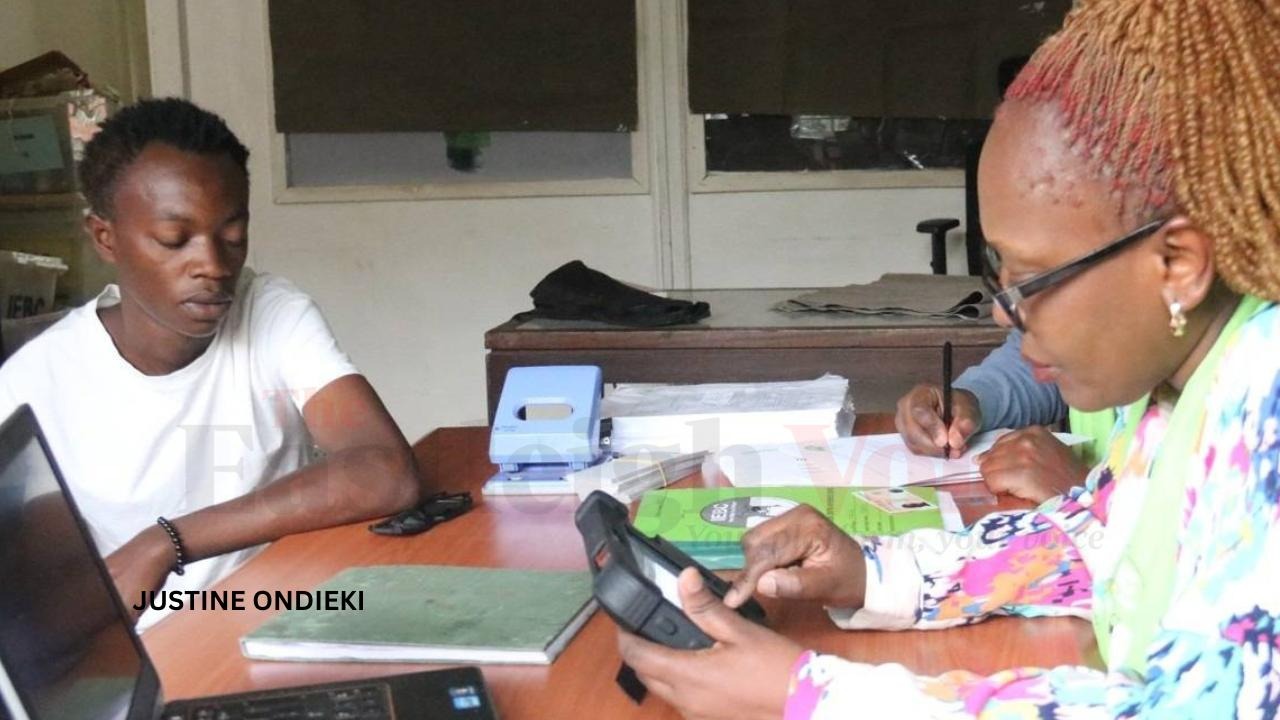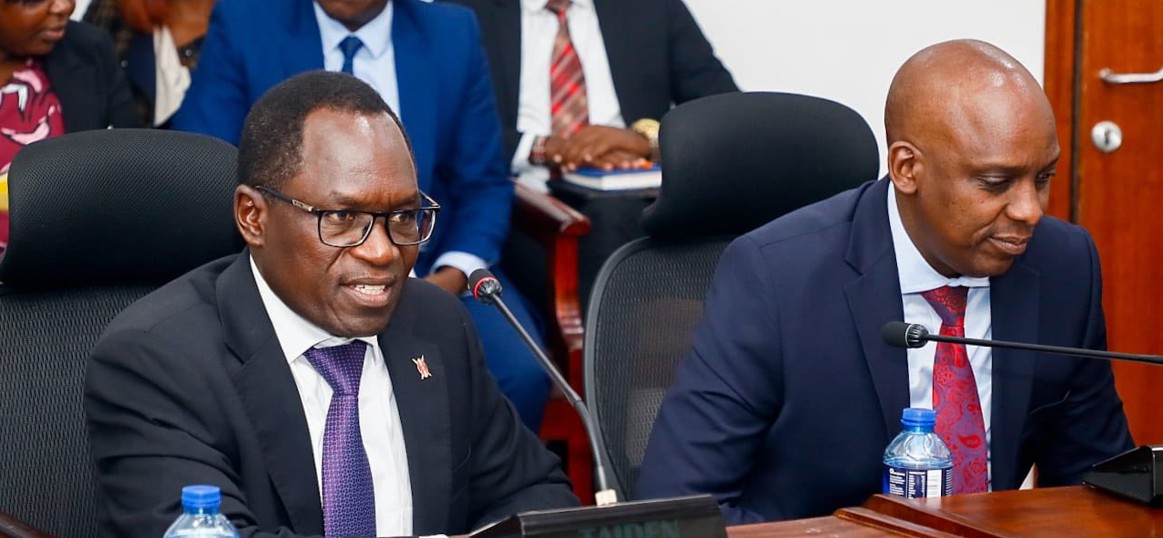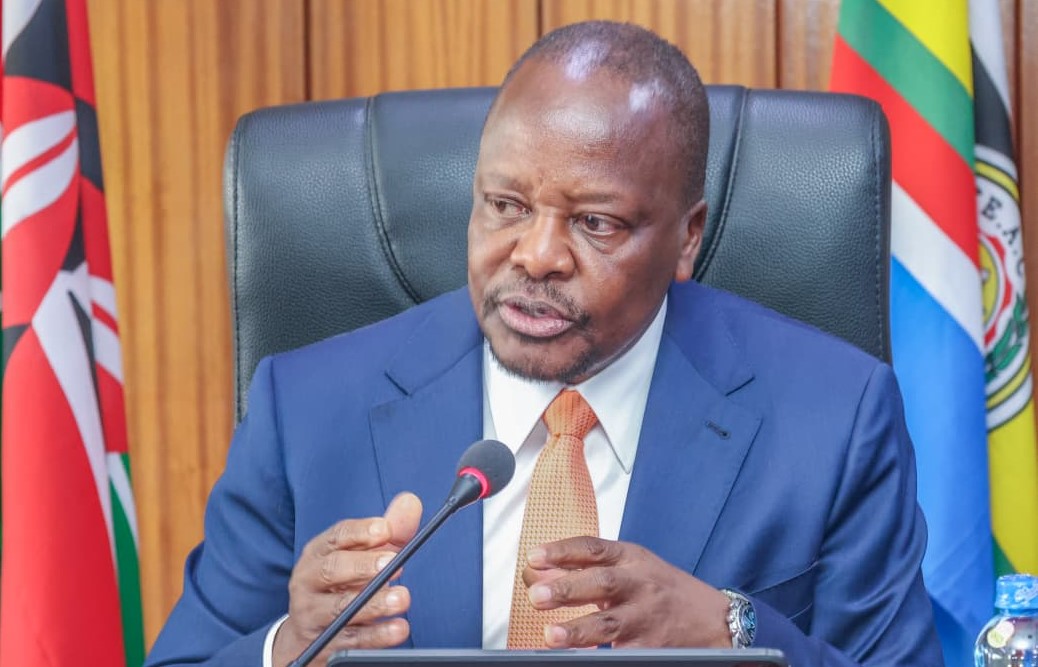Ethiopia establishes Nuclear Power Commission, PM Abiy appoints Sandokan Debbebe as Commissioner
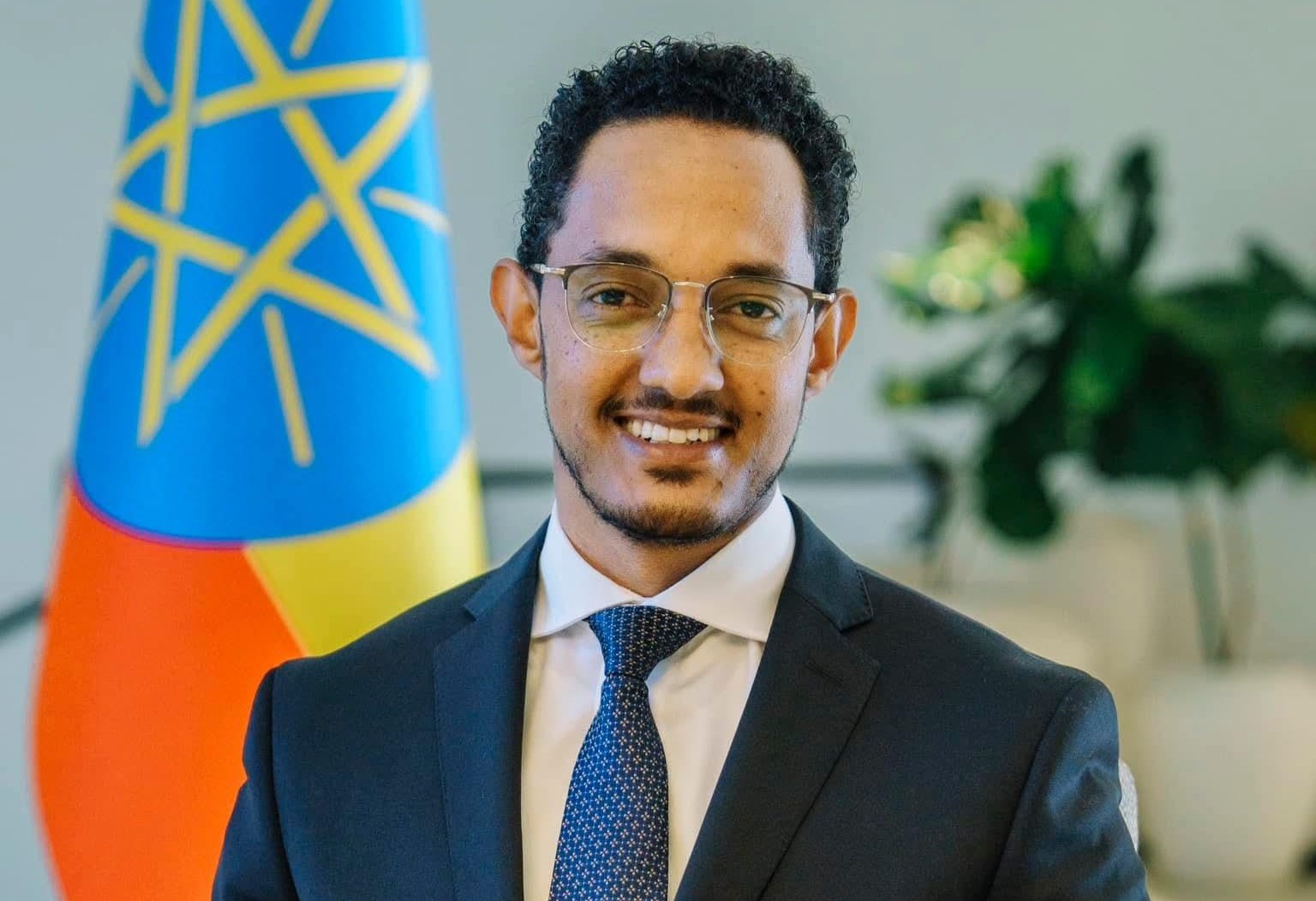
The regulation sets out a framework to manage and coordinate the peaceful use of nuclear technology in the country.
Ethiopia’s Council of Ministers has approved a new regulation establishing the Ethiopian Nuclear Power Commission. The decision was made during the Council’s 49th regular session held in Addis Ababa.
The regulation sets out a framework to manage and coordinate the peaceful use of nuclear technology in the country. It aligns with international standards governing the development and application of nuclear science.
More To Read
According to the Council, the Commission will be responsible for overseeing the use of nuclear science in key national sectors. These include electric power generation, industrial development, food security, healthcare, and scientific research and innovation.
The body is also expected to promote the safe and sustainable use of nuclear energy as part of Ethiopia’s broader strategy for science-based economic development.
Following the approval of the regulation, Prime Minister Abiy Ahmed on Tuesday appointed his Chief of Staff, Sandokan Debbebe, as the first Commissioner of the Ethiopian Nuclear Power Commission.
The appointment took effect immediately after the Council’s session on 14 October, according to a statement issued by the Prime Minister’s Office.
The establishment of the Commission marks a significant step in Ethiopia’s effort to develop a peaceful nuclear program.
The government has in recent years expressed interest in using nuclear technology to diversify energy sources and support industrial growth.
In September 2025, Ethiopia and Russia signed an action plan to advance cooperation on the development of a nuclear power project in Ethiopia.
The agreement was signed on 25 September between Alexei Likhachev, Director General of Russia’s State Atomic Energy Corporation (Rosatom), and Ethiopia’s Foreign Minister Gedion Timotheos.
The plan outlines practical steps for collaboration between Rosatom and the Ethiopian Electric Power Corporation. It aims to move forward the process of building a nuclear power plant in Ethiopia.
The agreement is part of a broader cooperation roadmap discussed during Prime Minister Abiy Ahmed’s official visit to Moscow earlier this year.
Officials have said the cooperation with Rosatom includes areas such as capacity building, technology transfer, and infrastructure development. It is expected to help Ethiopia build the institutional and technical expertise required to manage nuclear energy safely and effectively.
Prime Minister Abiy has previously emphasised the importance of nuclear technology for Ethiopia’s future.
“Nuclear technology provides reliable, low-emission power, strengthens food security, equips doctors, optimises water management, and empowers our scientists to innovate. For Ethiopia, nuclear is not only about energy — it’s about people,” he said in an earlier statement.
The government has also stated that all nuclear activities in Ethiopia will adhere to international safety and security standards. The new Commission will work closely with relevant global institutions to ensure compliance with international frameworks governing nuclear use.
The creation of the Ethiopian Nuclear Power Commission reflects the country’s plan to use science and technology to support its long-term economic transformation agenda. It also signals the government’s intent to expand its energy mix beyond hydropower, which currently dominates electricity generation in the country.
With Sandokan Debbebe assuming the role of Commissioner, the Commission is expected to begin organising its internal structure and outlining a national roadmap for the peaceful use of nuclear technology.
The government has not yet announced a specific timeline for the construction of a nuclear power facility, but officials have indicated that preparatory work will focus on regulatory development, technical training, and partnership coordination before any construction begins.
The new Commission will report directly to the Office of the Prime Minister and is expected to serve as the central authority for all nuclear-related matters in Ethiopia.
Top Stories Today

